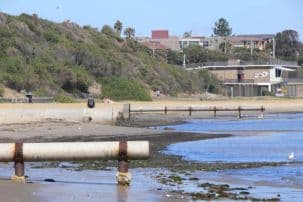
AuSSI Stormwater Audit (Lower Primary)
Lesson15 of 18 in this unit
PrimaryYear 1 - 4MathematicsScienceHumanities and Social SciencesGeographyEnvironmentalWater
Summary
Lesson Guides and Printables
Lesson Plan

Student Worksheet


Lesson Plan

Student Worksheet
